Ethereum's daily transaction fees have dropped to their lowest level since September 2024, with the network recording just $731,472 in fees on February 8, 2025, according to Token Terminal. This marks a sharp decline from previous months and mirrors the August–September 2024 period when fees consistently remained below $1 million, a trend last seen in November 2020.
Despite the approval of spot Ethereum ETFs in major markets like the U.S. and Hong Kong, ETH has struggled to reach new highs, lagging behind Bitcoin. A major factor behind its underperformance is the rising supply of ETH. Since April 2024, Ethereum’s supply has been increasing, surpassing pre-Merge levels. The Merge, which transitioned Ethereum to a proof-of-stake model, was expected to reduce supply inflation, but the trend has reversed. The London hard fork’s fee-burning mechanism, designed to make ETH deflationary during high network activity, has also been less effective due to decreased demand.
Ethereum’s Layer-2 scaling solutions have reduced transaction fees but have also diverted activity from the main network, raising concerns about fragmentation. Meanwhile, competitors like Tron and Solana have generated higher transaction fees over the past three months, increasing pressure on Ethereum.
Internal turmoil within the Ethereum Foundation has added to its challenges. In January, co-founder Vitalik Buterin took sole leadership amid controversies involving executive director Aya Miyaguchi and alleged conflicts of interest.
Despite these setbacks, Ethereum supporters remain optimistic. On February 7, accumulation addresses acquired 330,705 ETH worth $833 million, marking the largest single-day inflow tracked by CryptoQuant, signaling strong investor confidence in the network’s long-term potential.








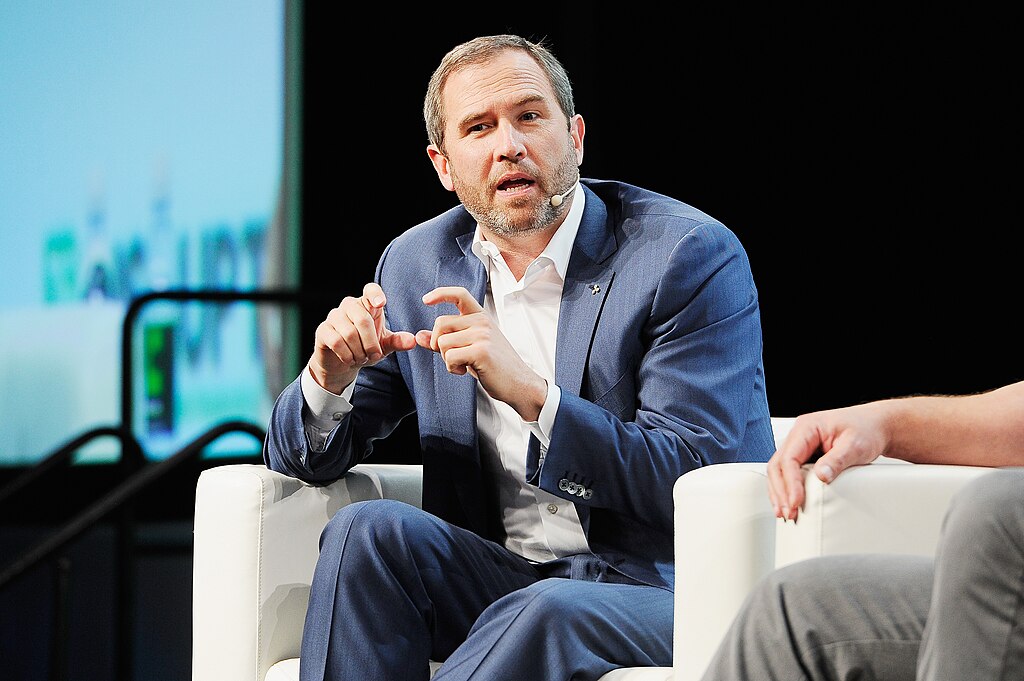

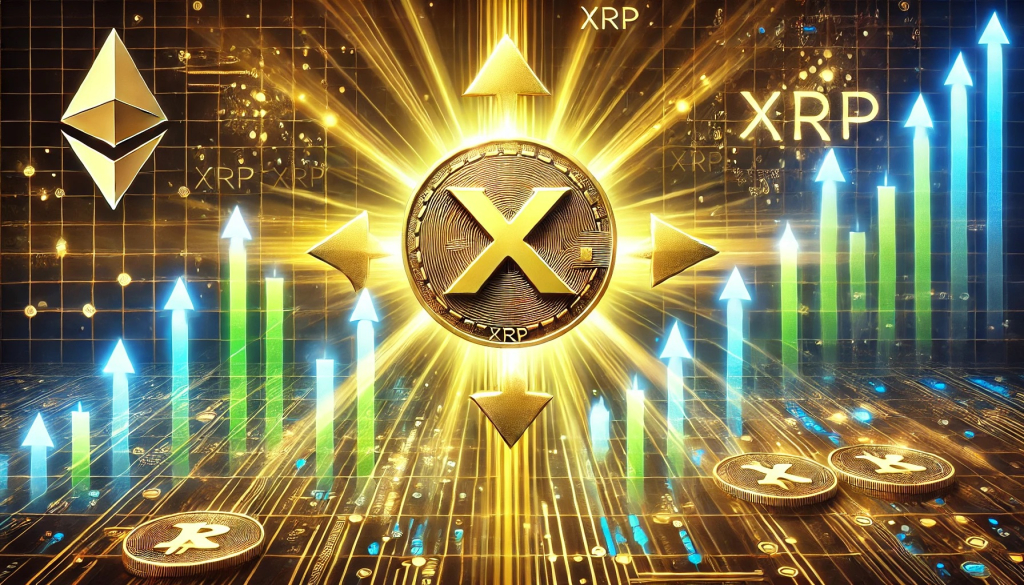
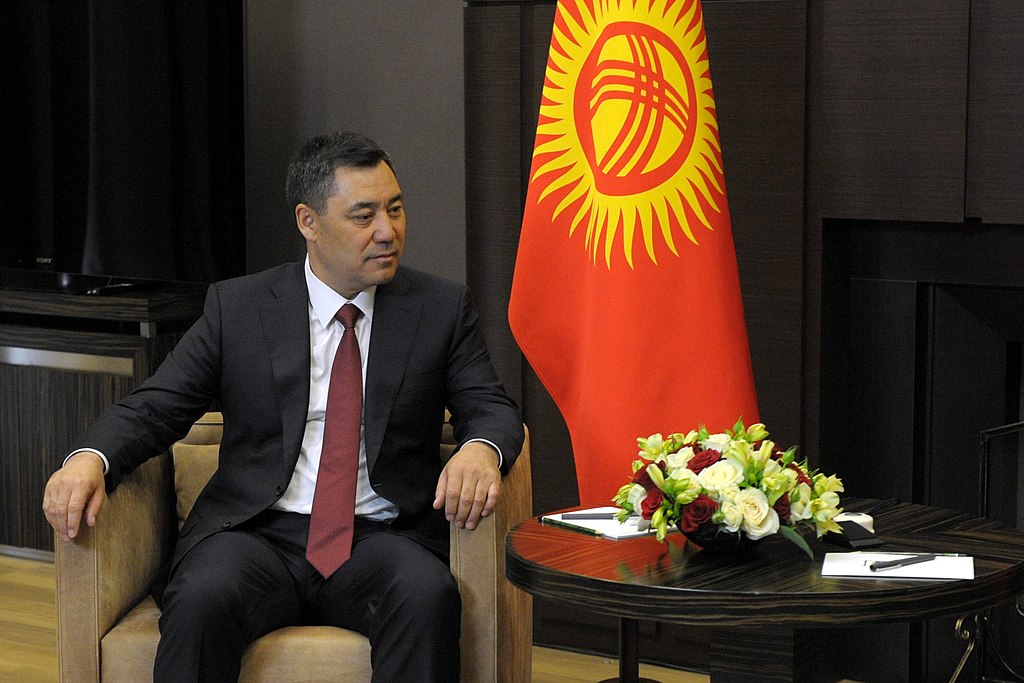
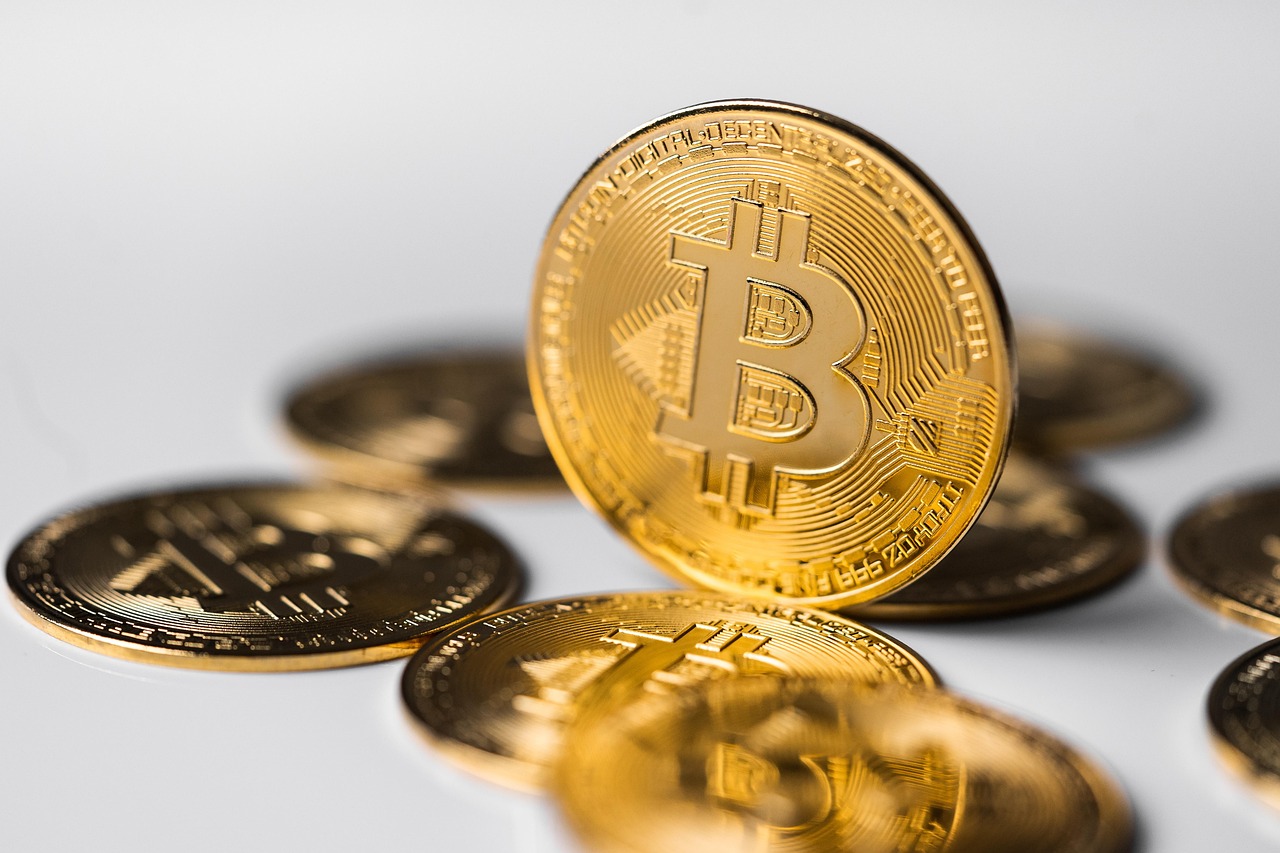






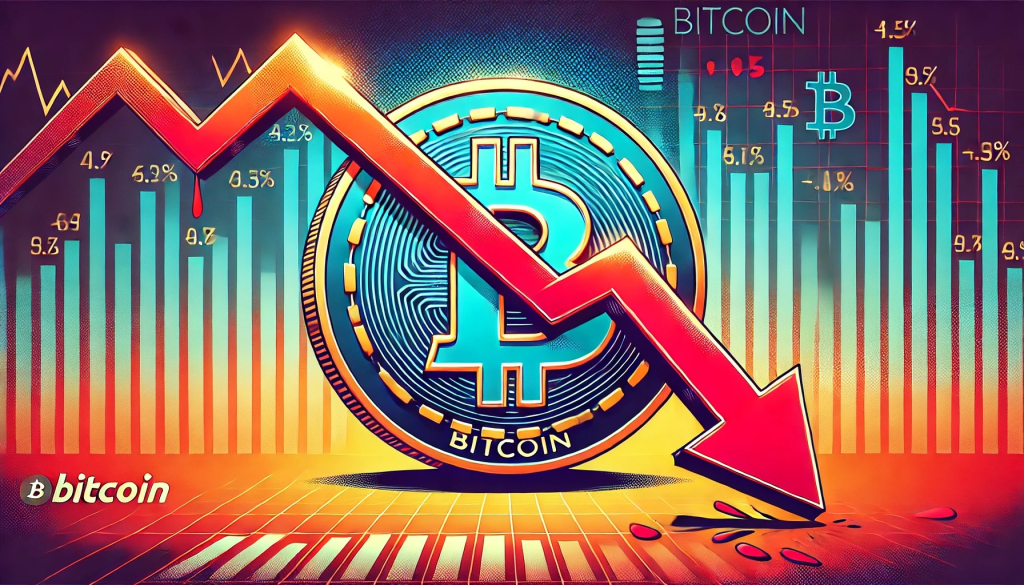



Comment 0